Lesbian Who Sued Government Can Become Foster Parent
USCCB drops opposition to LGBTQ individuals serving as foster parents, but still refuses to place children with same-sex couples.

A single lesbian will now be allowed to become a foster parent for refugee children after the U.S. Conference of Catholic Bishops dropped their opposition to her participating in a religiously-affiliated foster program.
Kelly Easter, a Nashville-based realtor who was raised in a Southern Baptist household growing up, applied to be a foster parent after hearing about the plight of refugee children and the shortage of Americans willing to act as temporary foster parents. She contacted the U.S. Office of Refugee Resettlement and was directed to the only entity participating in the program in her area: Bethany Christian Services, an approved partner of the U.S. Conference of Catholic Bishops (USCCB), which receives federal funds to provide foster care services, reports Baptist News Global.
Although Bethany changed its policies last year, agreeing to work with LGBTQ foster and adoptive parents, a representative of the organization told Easter that she would still not be permitted to apply to the program nearest her home because the program is a sub-grantee of the USCCB, which reserved the right to discriminate against LGBTQ individuals and same-sex couples based on the Catholic Church’s beliefs regarding marriage and sexuality.
The dispute continued for two years until Easter, enlisting the help of Americans United for Separation of Church and State and Lambda Legal, sued the U.S. Department of Health and Human Services, which oversees the U.S. Office of Refugee Resettlement, in October 2021. In her lawsuit, Easter alleged that she was discriminated against, in violation of her right to equal protection under the law, and that the foster care programs overseen by the office violate the Establishment Clause of the First Amendment by favoring one set of religious beliefs — those adhered to by the Catholic Church — over others.
Americans United and Lambda Legal alleged, in Easter’s lawsuit, that the federal government had known that the USCCB discriminates against LGBTQ foster parent applicants when it contracted with them. By allowing the conference to discriminate, the groups argued, the government was in effect condoning USCCB’s actions — even though allowing discrimination to continue reduced the number of available homes for refugee children, and sent an implicit message of disapproval to LGBTQ adults and the children they foster.
Although the USCCB initially resisted the lawsuit, in February, it dropped its opposition to Easter serving as a foster parent, claiming that it no longer had a religious objection to placing refugee children with single LGBTQ individuals.
After receiving confirmation that she would be allowed to participate in the refugee resettlement program, Easter voluntarily dismissed her lawsuit last week, while reserving the right to sue in the future if similar restrictions are reintroduced at a later point in time. She is currently in the process of becoming a licensed foster parent.
“Providing a loving, nurturing home for a refugee child is my desire,” Easter said in a statement. “All qualified individuals, regardless of their sexual orientation, should be encouraged to adopt, so these children may receive the best possible chance at finding a stable home. This is what I’ve wanted all along.”
Americans United and Lambda Legal celebrated the USCCB’s evolution with respect to Easter serving as a foster parent, but noted that the USCCB’s decision to drop its opposition marks only a partial victory for the larger LGBTQ community, because the USCCB still refuses to place children with legally married same-sex couples.
Both organizations are currently waging a separate lawsuit on behalf of Fatma Marouf and Bryn Esplin, a lesbian couple in Texas who were rejected by a USCCB sub-grantee when they applied to foster refugee children. The reason given for the rejection was that Marouf and Esplin’s home life “didn’t mirror the Holy Family.”
“This is a win for for religious freedom, Kelly Easter and the vulnerable refugee children she’ll now be able to help,” Rachel Laser, president and CEO of Americans United for Separation of Church and State, said in a statement. “But it’s a victory that should not have taken two years to achieve.
“The federal government should never allow a taxpayer-funded agency to discriminate against prospective foster parents because they don’t live according to its religious beliefs,” Laser added. “Our laws cannot allow anyone to use their religious beliefs to harm others, and especially not vulnerable children and the commendable people like Kelly who want to help them.”
Support Metro Weekly’s Journalism
These are challenging times for news organizations. And yet it’s crucial we stay active and provide vital resources and information to both our local readers and the world. So won’t you please take a moment and consider supporting Metro Weekly with a membership? For as little as $5 a month, you can help ensure Metro Weekly magazine and MetroWeekly.com remain free, viable resources as we provide the best, most diverse, culturally-resonant LGBTQ coverage in both the D.C. region and around the world. Memberships come with exclusive perks and discounts, your own personal digital delivery of each week’s magazine (and an archive), access to our Member's Lounge when it launches this fall, and exclusive members-only items like Metro Weekly Membership Mugs and Tote Bags! Check out all our membership levels here and please join us today!








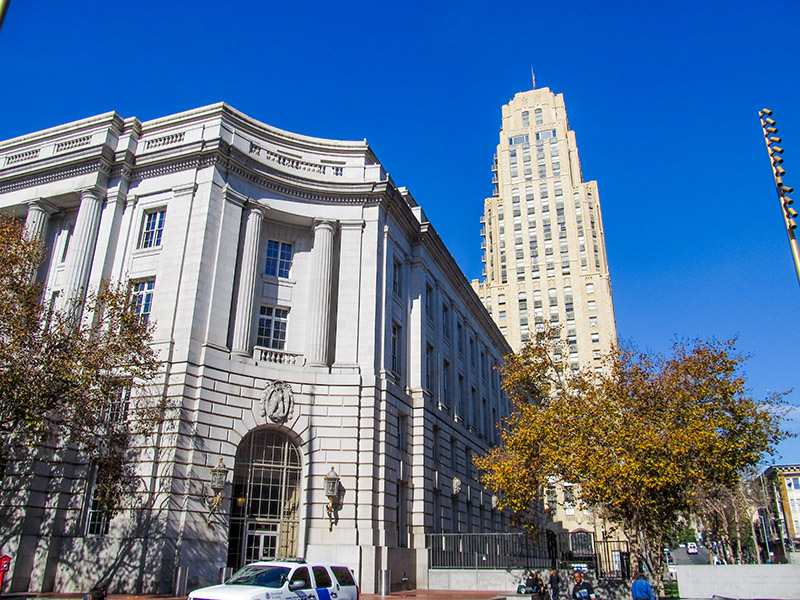
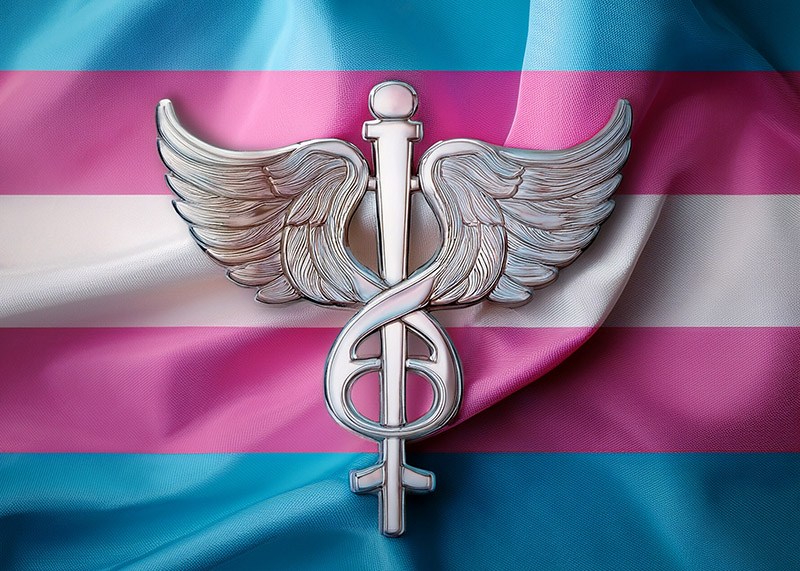













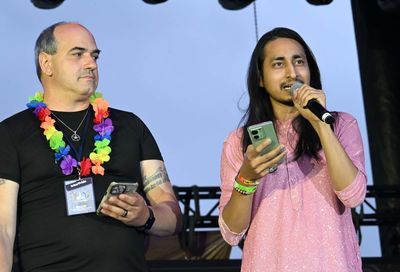
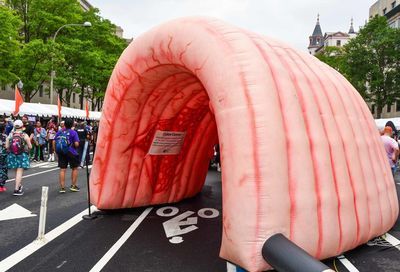



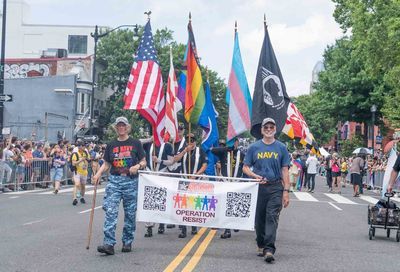
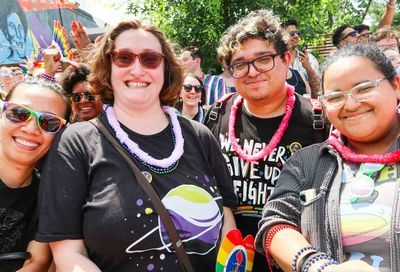
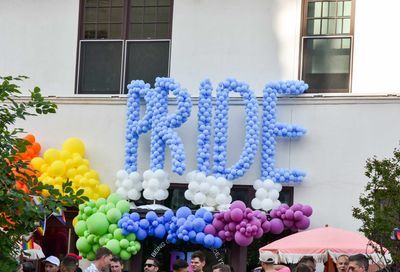

You must be logged in to post a comment.